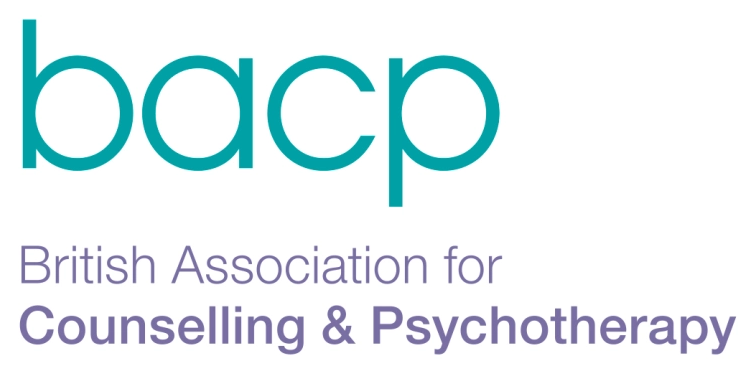Gestalt Theory
Gestalt theory was initially developed by husband and wife, Fritz and Laura Perls. Early assumptions of humans by Mr Perls left this theory in a heartless state whereby Fritz would outwardly confront and challenge his clients. Now in the modern day, this theory has become increasingly more compassionate and empathetic, with thanks to wife Laura and other contemporary therapists; Polsters and Zinker.
Kurt Koffka, a Gestalt psychologist, succinctly stated what he believed to be the Gestalt theory’s fundamental tenet: “The whole is other than the sum of the parts.” The way the human eye and brain interpret a single shape is distinct from how they interpret that shapes’ component pieces.
Principles that underpin the Gestalt therapy:
- Phenomenology – according to this school of thought, knowledge of the world is derived through personal experience rather than, say, scientific theory or what the media reports. To put it another way, the client is an authority in their field.
- Pragnanz – the idea that we naturally perceive things in their simplest form.
- Existential – the theory recognises that humans are in a constant process; not static. Each individual’s timeline is different and those develop at unique rates.
- Similarity – grouping likeminded items based on their colour, orientation, and size.
- Experiential – Clients develop an awareness of their present-moment experiences, including their feelings, thoughts, and behaviours as they interact with the therapist. The unconscious becomes conscious as a result, and they should be able to spread this consciousness throughout their everyday life.
- Common region – we group objects together if they are bounded by the same areas and concepts.
- Holism – The therapist is concerned with the full person and how each component of that person might be integrated both within and outside of that person’s world.
Many people can benefit from gestalt theory, particularly those who battle with anxiety, depression, low self-esteem, relationship issues, low self-efficacy, and physical issues like migraine headaches, ulcerative colitis, and back spasms.
Techniques –
Empty chair – The empty chair invites patients to explore and express their feelings towards a fictional person or a part of themselves. The goal is to converse with the vacant chair as if it were filled by a different person or aspect of themselves. The client gains understanding of their feelings and thoughts as a result. The therapist may assist the client in this process, assisting them in verbalising their emotions before using the empty chair to encourage a conversation that might result in closure or acknowledgement of their experiences.
‘I’ statements – The use of “I” phrases encourages clients to take responsibility for their feelings rather than assigning blame to others.
Confrontation – ‘To challenge or frustrate the client’. When utilised properly, it is a priceless tool for bringing clients into a clear knowledge of their realities. Confrontation is a tactic that cannot, however, be utilised with every client due to sensitivity.
Body Language – Gestalt theory encompasses the physical sensations within the body during therapy and troubles. Giving attention to the body can create an awareness in the clients’ emotions. Therapists may ask where in the body a certain feeling is coming from, e.g., butterflies in the stomach.
Exaggeration – Following on from body language these physical senses can be repetitious. A repeated physical action from a client may be talked about and said client may be asked to exaggerate the movement and speak about the emotions it brings up.
Creative activities – Many gestalt therapists will encourage their patients to become more aware of their surroundings, remain in the present, and learn how to process the present by engaging them in hobbies like sculpting, drawing, and painting. With the help of this method, the patient can become more conscious of their feelings and the continuing healing process.
Gestalt therapy urges patients to pay attention to their current challenges while considering their entire selves. A therapist can help someone in analysing their point of view to identify self-defeating thought patterns or limiting beliefs. Gestalt therapy specialises in developing a fresh perception.




